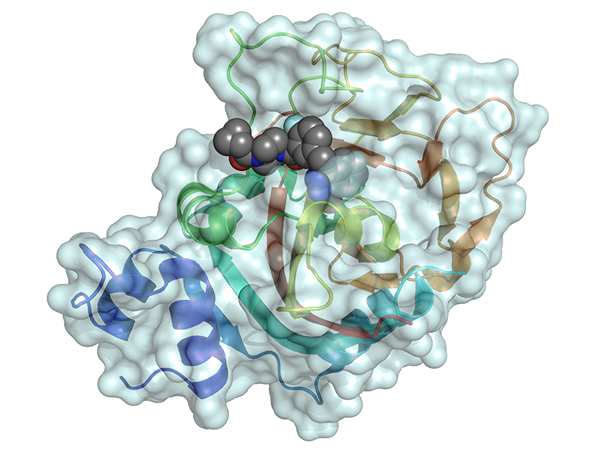
| Clinical Trials | ||
| Updates from the National Cancer Institute | ||
| Clinical Trials News | ||
 | NCI-funded TMIST Study Compares 2-D and 3-D Mammography for Finding Breast Cancers The Tomosynthesis Mammographic Imaging Screening Trial (TMIST), the first randomized trial to compare two types of digital mammography for breast cancer screening, is now open for enrollment. | |
 | Video—Patient Safety in Clinical Trials Patient safety is of paramount importance in cancer clinical trials. This new video discusses how patient rights and safety are protected in clinical research. | |
 | CAR T-Cell Therapy Approved for Some Children and Young Adults with Leukemia FDA has approved tisagenlecleucel (Kymriah™), a type of immunotherapy called CAR T-cell therapy, for some children and young adults with advanced acute lymphoblastic leukemia (ALL). The approval was based on a multicenter clinical trial involving 63 children and young adults with B-cell ALL that had relapsed or resisted treatment. | |
 | FDA Approves Olaparib as Maintenance Therapy for Recurrent Ovarian Cancer FDA has granted full approval to olaparib tablets (Lynparza®) as maintenance treatment for patients with recurrent ovarian cancer who are having partial or complete responses to platinum-based chemotherapy. The approval is based on findings from two randomized clinical trials involving patients with recurrent ovarian cancer. | |
. | Find NCI-Supported Clinical Trials Use our search form to find a clinical trial or other research study that may be right for you or a loved one. | |
| Clinical Trials Information for Patients and Caregivers | ||
| Deciding to Take Part in a Clinical Trial This page discusses things to consider when you are deciding whether to take part in a clinical trial. | ||
| Questions to Ask Your Doctor about Treatment Clinical Trials Taking part in a cancer treatment clinical trial is a big decision. This page presents a list of questions you may want to ask your doctor about before deciding to participate in a clinical trial. | ||
| NCI-Supported Clinical Trials that Are Recruiting Patients | ||
| Lutetium Lu 177-DOTA-TATE in Treating Patients with Metastatic Pheochromocytoma or Paraganglioma That Cannot Be Removed by Surgery This phase 2 trial studies how well lutetium Lu 177-DOTA-TATE works in treating patients with pheochromocytoma or paraganglioma that has spread to other places in the body and cannot be removed by surgery. | ||
| T-Cell Immunotherapy and Aldesleukin in Treating Patients with Vulvar High-Grade Intraepithelial Lesions that are HPV-16 Positive and Cannot Be Removed by Surgery This phase 1 trial studies the safety of T-cell immunotherapy and aldesleukin in treating patients with vulvar high-grade intraepithelial lesions (HSIL) that are human papilloma virus-16 (HPV-16) positive and which surgery has failed to control. T cells will be harvested from the patient’s blood and genetically engineered to express a receptor that recognizes the E6 protein on cells infected with HPV-16. The genetically engineered T cells will then be put back into the patient. | ||
| Anti-KRAS G12V Peripheral Blood Lymphocytes, Chemotherapy, and Aldesleukin in Treating Patients with KRAS G12V-Positive and HLA-A*1101-Positive Cancer This phase 1/2 trial will assess the safety and efficacy of anti-KRAS G12V peripheral blood lymphocytes, chemotherapy, and aldesleukin, and see how well they work in treating patients with KRAS G12V-positive and HLA-A*1101-positive cancer. T cells will be harvested from the patient’s blood and genetically engineered to express a receptor that recognizes G12V-mutated variant of KRAS. The genetically engineered T cells will then be put back into the patient. | ||
































No hay comentarios:
Publicar un comentario